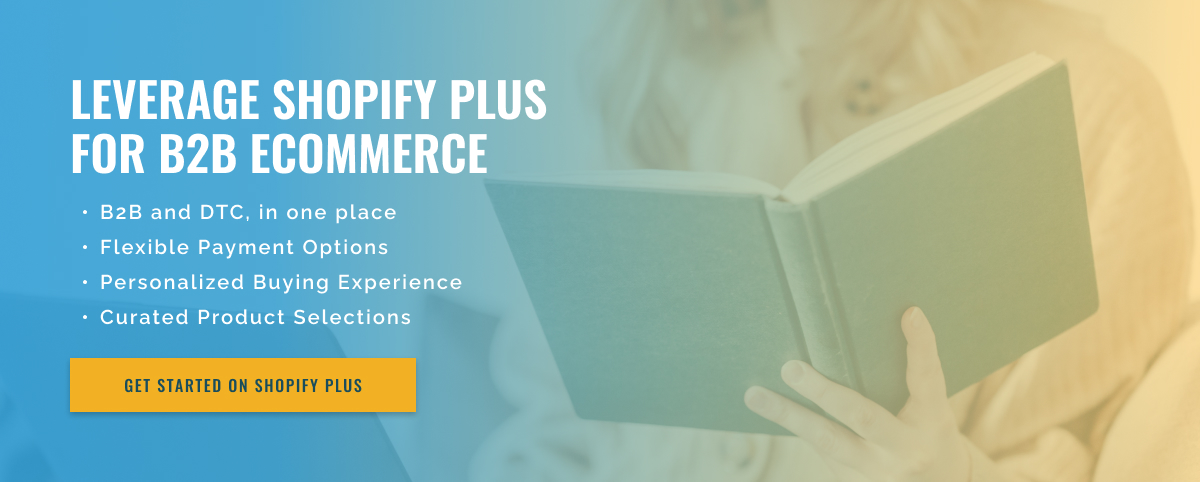3 minute read
Negotiated Pricing: Exploring Shopify’s B2B Capabilities
Shopify has become a popular choice for businesses looking to build an online presence for their products and services. With a user-friendly interface and customizable features, it’s no surprise that many businesses, both large and small, have turned to this platform to meet their eCommerce needs. However, in B2B transactions, the question often arises whether Shopify can offer negotiated prices.
Traditionally, B2B transactions require a more personal approach, involving negotiations between buyer and seller on a preferred price. In such scenarios, prices may vary depending on factors such as order size, payment terms, or the relationship between the two companies. Can Shopify, a platform focused primarily on B2C transactions, meet these specific pricing needs of B2B transactions? The short answer is yes.
Shopify has features suitable for B2B transactions, including negotiated prices. It offers an app called “Wholesale Pricing and Discounts” that allows sellers to set multiple price levels for different customers. This means that companies can offer one price to retail customers and a different price to wholesale customers, which can be negotiated depending on their purchasing needs.
Another feature offered by Shopify is “Discount Codes”, which allows sellers to offer exclusive discounts to specific customers. This can be useful for B2B transactions where companies can create unique discount codes for their wholesale customers, providing them with a personalized pricing experience.
Additionally, Shopify offers the option to set up a private app that is only available to specific customers. This means that companies can have a dedicated store for their wholesale customers where they can display negotiated prices as well as other personalized offers and discounts. These features enable Shopify to largely meet the negotiated pricing needs of B2B transactions.
However, there are limitations. For example, the platform may not be able to handle complex pricing structures, and companies may need to integrate additional applications or software to manage this aspect.
Overall, while Shopify may not have been originally intended for B2B transactions, it has made significant progress in meeting the specific needs of businesses in this segment. With customizable features and the availability of third-party applications, this platform enables companies to effectively manage and adjust negotiated prices in B2B transactions.

